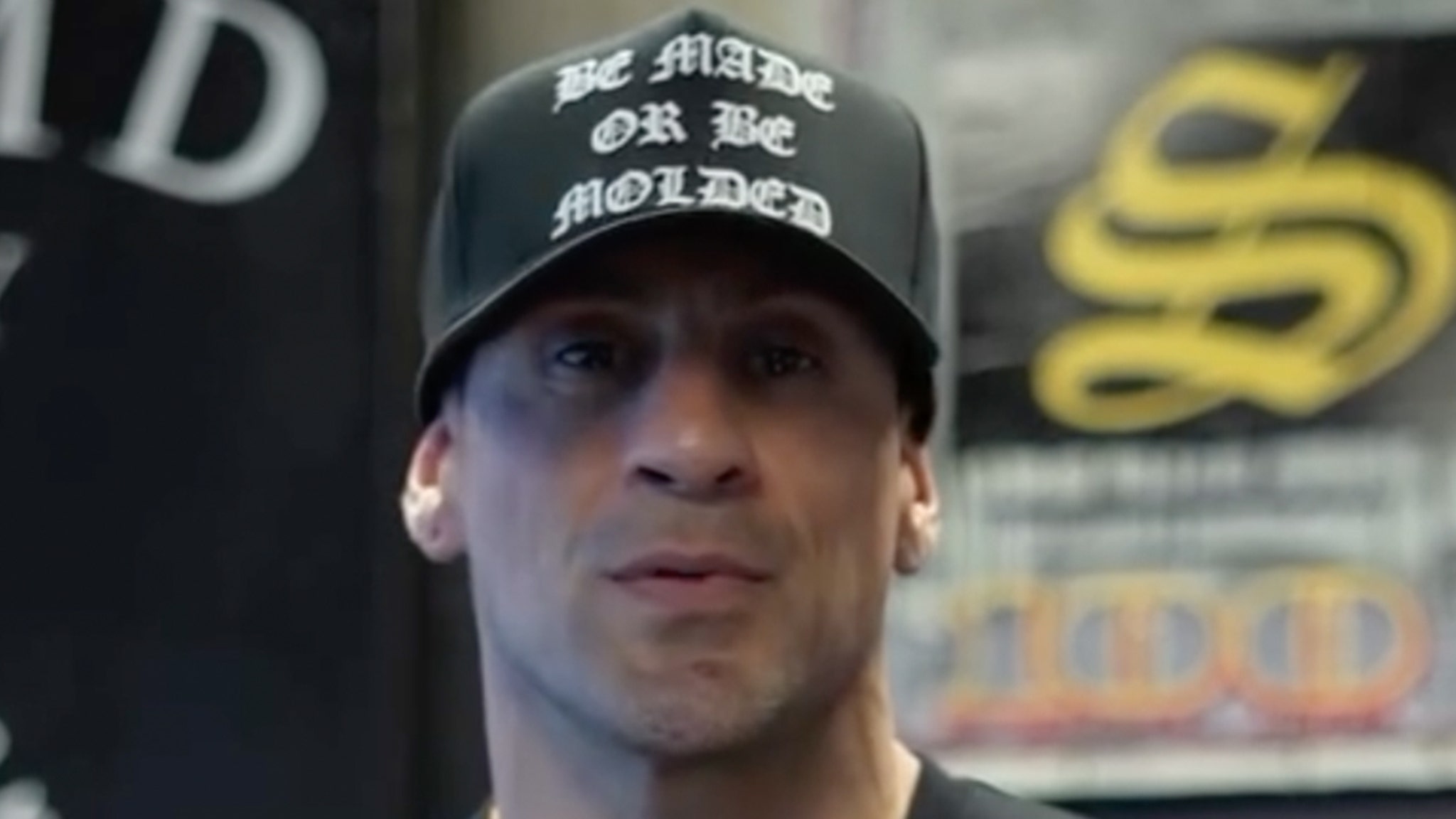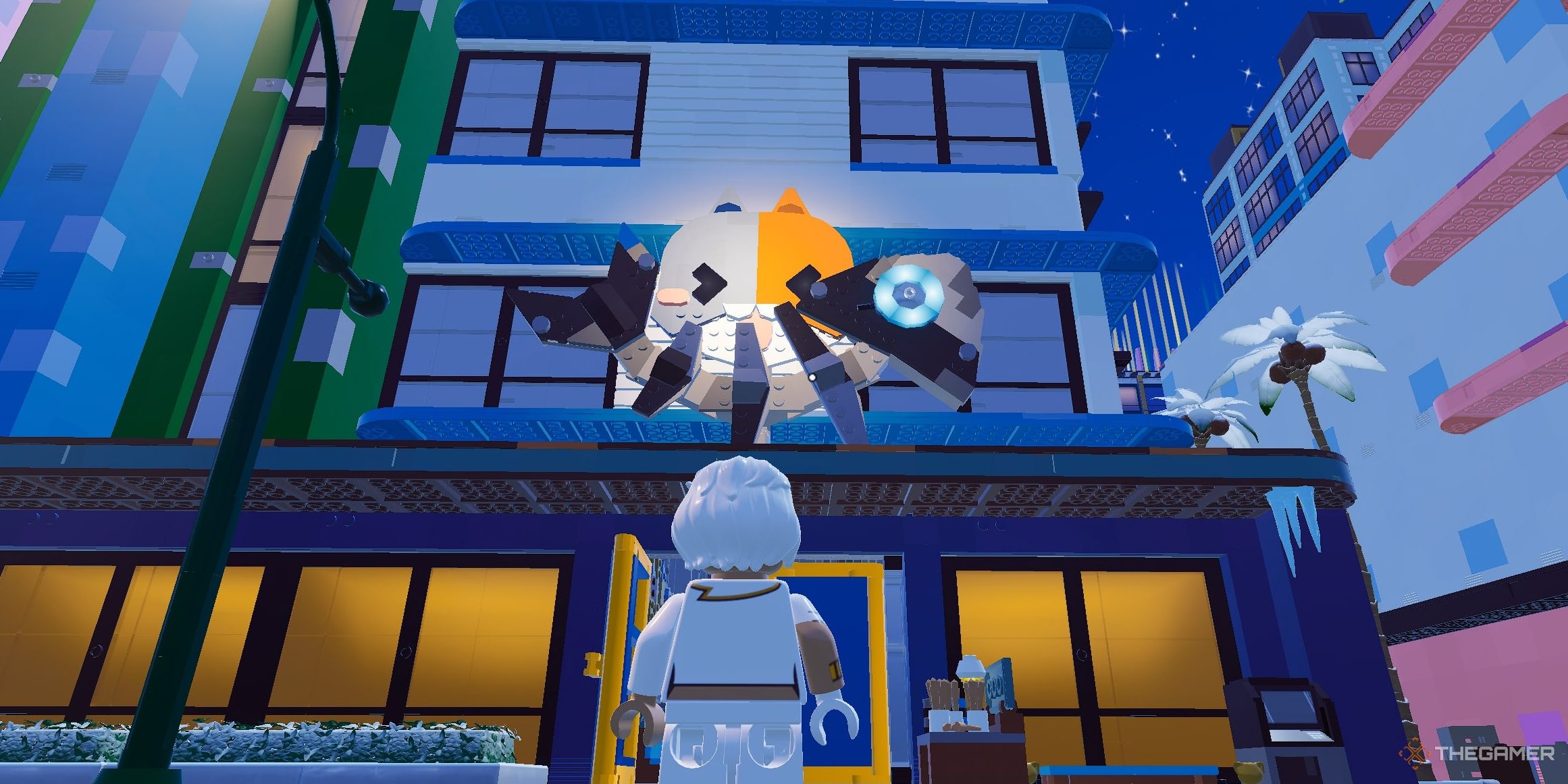Gambling
‘There’s always a way back’ Gambling left Natalie homeless. Now she helps others beat addiction

Natalie got a degree and started her own business, drawing a good salary. On the surface, things seemed to be looking up. But all the while, she was falling deeper down the gambling rabbit hole.
At 30, the then-businesswoman discovered casinos, blackjack and three-card poker, new obsessions which consumed all her savings. The “real downfall” began when she started online gambling.
“I took out loans, payday loans, and maxed out credit cards, all in the hope of hitting the big jackpots on the slots,” she said. “My life spiralled out of control, and I ended up homeless.”
Natalie’s story is all too common. According to a new report by GambleAware and the National Centre for Social Research, people in socially excluded communities often use gambling to cope with discrimination, loneliness and trauma.
This includes people who are at risk of or experience homelessness, older people, people living with disabilities, criminalised communities, asylum seekers and those experiencing mental health challenges.
“Vulnerability to gambling harms for some people in these communities will be driven by compounding inequalities, stigma, exclusion, and discrimination,” says Dr Sokratis Dinos, from NatCen’s Centre for Gambling Research.
Some 58% of adults in Britain gambled at some point in the last year, a number that includes those who take the occasional lottery or football punt. But the industry makes 60% of its profits from 5% of gamblers – a minority who are disproportionately likely to have pre-existing vulnerabilities.
“Gambling was seen by people from the [marginalised] communities as a way to take their mind off these issues [such as health issues and trauma] or as a way to make money to try and get out of poverty,” the new GambleAware report concludes
Gambling companies deliberately target such groups. Research from 2021 shows that 21% of Britain’s gambling outlets are in the poorest tenth of the country, with 2% in the most affluent areas.
“The most vulnerable to harm from the gambling industry’s activities are inevitably those with fewest resources who are already experiencing financial difficulties who, in a cost of living crisis, may see gambling as the only possible solution,” Professor Elizabeth Goyder of the University of Sheffield told the Big Issue last month.
For Natalie, this rings true.
“When things were bad, gambling seemed like a way out,” she says. “Particularly once I became homeless. I spent 11 years sofa-surfing, living out of a bag, never knowing where I’d be one month to the next. Once I broke my foot, and after I got out of hospital, I just sat at the bus stop wondering where I’d be next.”
She stayed the night in a homeless shelter, the only woman with 16 men. Gambling seemed like an escape from this kind of “brutal reality.”
“Gambling gives you a hit of dopamine,” she explains. “If you’re vulnerable, if you’ve struggling with mental health, you crave those hits even more. People don’t realise just how addicted you can get… you gamble on your feelings.”
The cycle takes a brutal toll. New research from the Gambling Commission shows that 41% of so-called “problem gamblers’ have experienced severe consequences – including relationship breakdown, significant financial loss, committing a crime or experiencing violence or abuse – in the last 12 months.
But “things can be different,” Natalie says. In her 50s, local homelessness charity The Hope Hub and the Changing Futures program helped her find housing, and she started attending counselling facilitated by Thrivin Together.
Natalie now works with organisations like GambleAware to assist other people impacted by gambling harm.
“The Changing Futures lived experience programme gave me courage again to deal with a challenging system that before had pulled me down, and gave me the voice to be heard, as without purpose I became very lost and unsafe,” she says.
“I am starting to see a brighter future. My story is a testament to the fact that no matter how far you fall, there is always a way back.”
Do you have a story to tell or opinions to share about this? Get in touch and tell us more. Big Issue exists to give homeless and marginalised people the opportunity to earn an income. To support our work buy a copy of the magazine or get the app from the App Store or Google Play.








